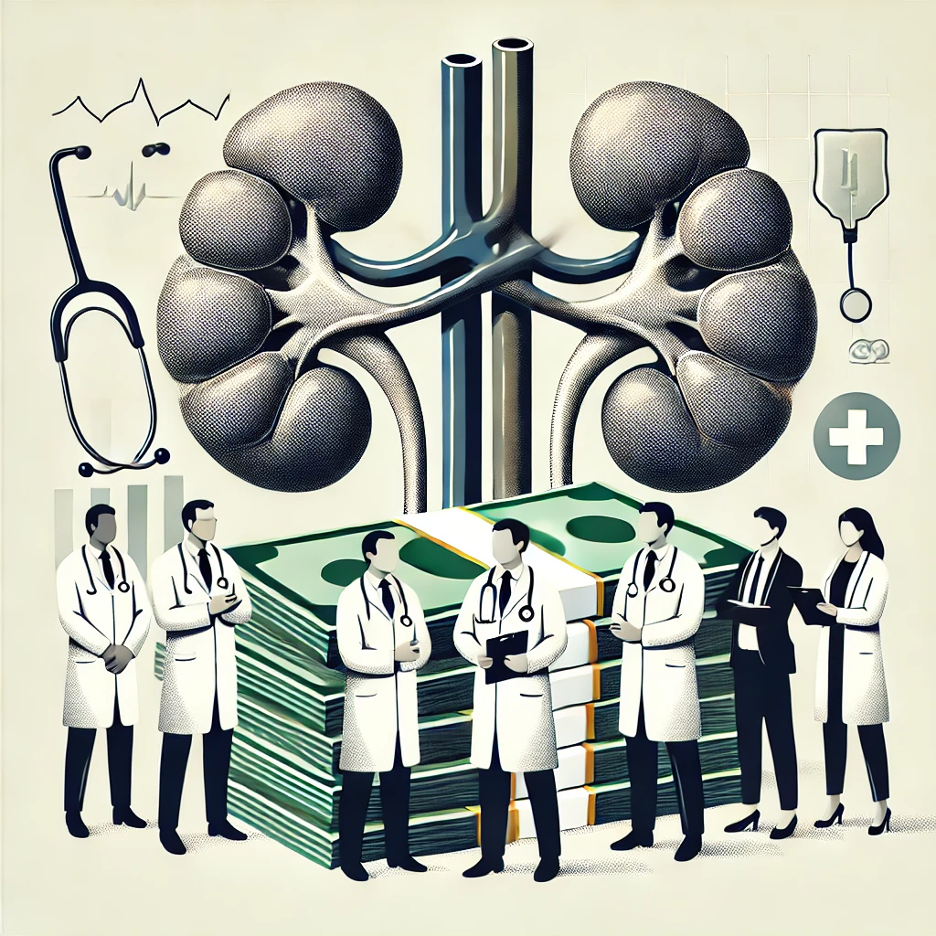Protect Your Kidneys:
Uncover The Truth About
Midodrine-Induced Kidney Failure Fraud
Midodrine is a drug that was approved in 1996 under an accelerated FDA approval process. It carries known risks, particularly when prescribed at higher doses. In patients with kidney injury, these elevated doses may worsen kidney function and lead to more severe kidney failure requiring dialysis. Patterns in prescribing practices raise serious concerns about potential abuse/fraud, warranting closer scrutiny into whether some nephrologists’ decisions are fully aligned with patient safety over financial incentives.


